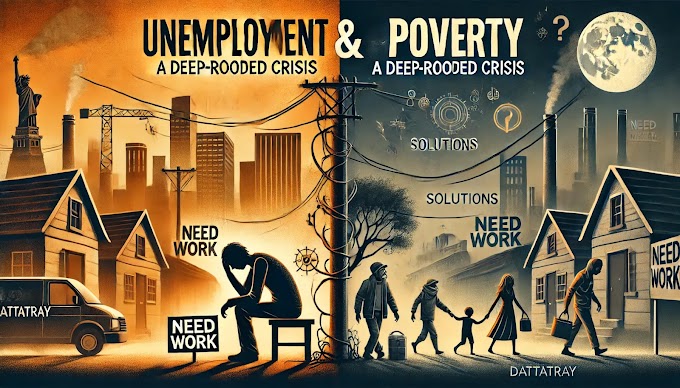Unveiling the Complexities: A Comprehensive Exploration of Market Failure
Introduction:
In the idealized world of economic theory, markets are expected to efficiently allocate resources, ensure optimal distribution, and lead to general prosperity. However, the reality often diverges, and this discrepancy is encapsulated in the concept of market failure. In this in-depth exploration, we unravel the complexities of market failure, examining its causes, consequences, and the role of government intervention.
Defining Market Failure:
Market failure occurs when the allocation of goods and services by a free market is not efficient, leading to a misallocation of resources. The competitive equilibrium in the market does not result in the socially optimal distribution of goods and services.
Causes of Market Failure:
Externalities:
- Externalities occur when the actions of one party affect others without compensation or without imposing costs. Positive externalities (e.g., education) and negative externalities (e.g., pollution) both disrupt the market equilibrium.
Public Goods:
- Public goods possess two key characteristics—non-excludability and non-rivalry. This means that once provided, individuals cannot be excluded from using them, and one person's use does not diminish their availability to others.
Imperfect Information:
- Information asymmetry can lead to market failure when one party in a transaction has more information than the other, leading to suboptimal decisions.
Market Power:
- Monopolies and oligopolies, characterized by a lack of competition, can result in market failure by allowing firms to set prices higher than would prevail in a competitive market.
Incomplete Markets:
- Incomplete markets occur when certain goods or services cannot be provided by the market due to various reasons, leading to unmet needs.
Consequences of Market Failure:
Allocative Inefficiency:
- Market failure results in a misallocation of resources, leading to inefficiencies in the production and distribution of goods and services.
Income Inequality:
- Certain market failures, such as imperfect information and unequal access to resources, can contribute to income inequality.
Environmental Degradation:
- Externalities, particularly negative externalities like pollution, can result in environmental degradation as the true costs are not borne by the parties responsible.
Lack of Innovation:
- Monopolies and lack of competition can stifle innovation and technological progress as there is reduced pressure to improve products and services.
Government Intervention:
Corrective Taxes and Subsidies:
- Governments can impose taxes on activities with negative externalities and provide subsidies for activities with positive externalities to internalize external costs and benefits.
Regulation:
- Regulatory measures can be implemented to address issues of imperfect information, ensuring transparency and fair practices in the market.
Public Provision of Goods:
- In the case of public goods and services, the government may step in to provide or subsidize them to ensure universal access.
Antitrust Laws:
- Governments may use antitrust laws to prevent and break up monopolies, promoting competition in the market.
Environmental Policies:
- Policies and regulations can be enacted to control and mitigate environmental externalities, encouraging sustainable practices.
Case Studies:
Clean Air Acts:
- The Clean Air Acts in various countries are examples of government intervention to address the negative externalities of air pollution.
Education Subsidies:
- Government subsidies for education can be seen as a response to the positive externalities associated with an educated population.
Conclusion:
Market failure is a complex and multifaceted phenomenon that challenges the idealized notions of free-market efficiency. Understanding its causes, consequences, and the role of government intervention is crucial for shaping effective policies that promote economic welfare and social justice. As economies evolve, addressing market failures becomes an ongoing task to ensure that the benefits of economic activity are equitably shared and that resources are allocated efficiently for the greater good.
.png)






.png)



.png)


0 Comments